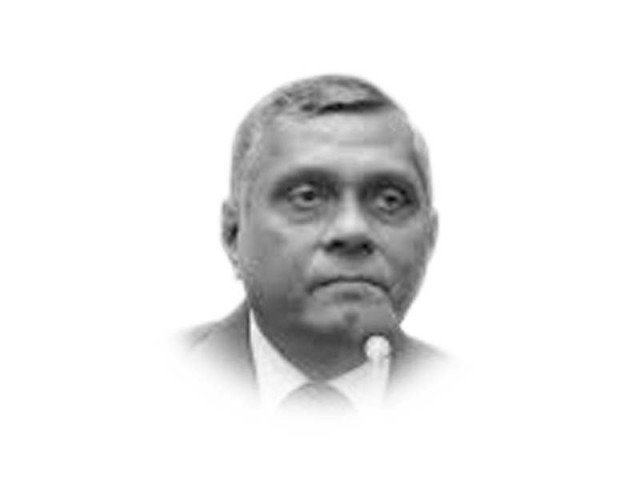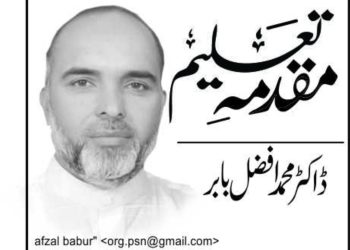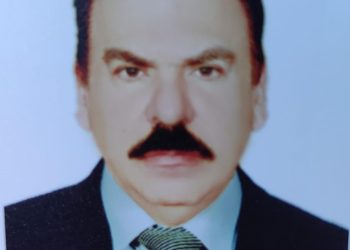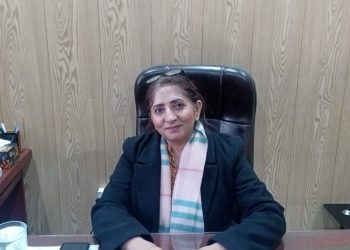Nine months after the Taliban seized power in Afghanistan, a plan to launch resistance against the Kabul regime was initiated in Ankara on the 19th of May. Former Afghan vice president Abdul Rashid Dostum invited forty political figures and they agreed to form High Council of National Resistance against the Taliban. Even though back in August some opposition figures, particularly Dostum and Ahmad Wali Massoud of the National Resistance Front, gave a free hand to the Taliban, they are no longer interested in providing the Taliban with more time and space. The Taliban have failed to establish a broad-based government and adhere to human rights as agreed in the Doha accord in February 2020.
The pros and cons of the High Council of National Resistance are worth considering. Also, to what extent will it be able to launch an effective movement against the Taliban who now control Afghanistan entirely? Will the Taliban be able to deal with the resistance alliance? The US left approximately 80 billion dollars worth of weapons in Afghanistan following its abrupt withdrawal on 14th August. The bulk of this armoury including helicopters and tanks is now controlled by the Taliban. Despite, international isolation and sanctions, the Taliban regime has managed to run the economy. However, it will face enormous difficulties in ensuring food, fuel, medicines and other essential items because the regime lacks the financial resources to pay for imports.
In this scenario, national resistance thinks that the situation is ripe for the launch of a full-fledged offensive against a regime that already lacks popular support and is unable to get international recognition. In a statement, the group said that the council should pave the way for the liberation of Afghanistan. “We demand the Taliban end their destruction and set the table for talks to find solutions to the current problems of Afghanistan. The Islamists should learn from the experiences of history that no group can have a stable government through acts of force and pressure.” Unfortunately, the only lesson that the Afghan leadership has learned whether in the past or the present is that they have not learned any lesson. Resultantly, Afghanistan, which was established in 1747 under Ahmed Shah Durrani, has failed to emerge as a nation-state in the 275 years of its existence. Its tribal and ultra-conservative characteristics including gun culture, corruption and nepotism contributed to its predicament at both the state and societal levels.
The Taliban regime has once again failed in dealing with issues of governance, economy, human rights, and terrorism, which may unleash a fresh outbreak of civil war in Afghanistan. The Council of National Resistance “aims to try to solve the problem of Afghanistan through talks. The Taliban should accept that they can’t run the government or rule alone. Otherwise, Afghanistan will experience civil war once again.”


















